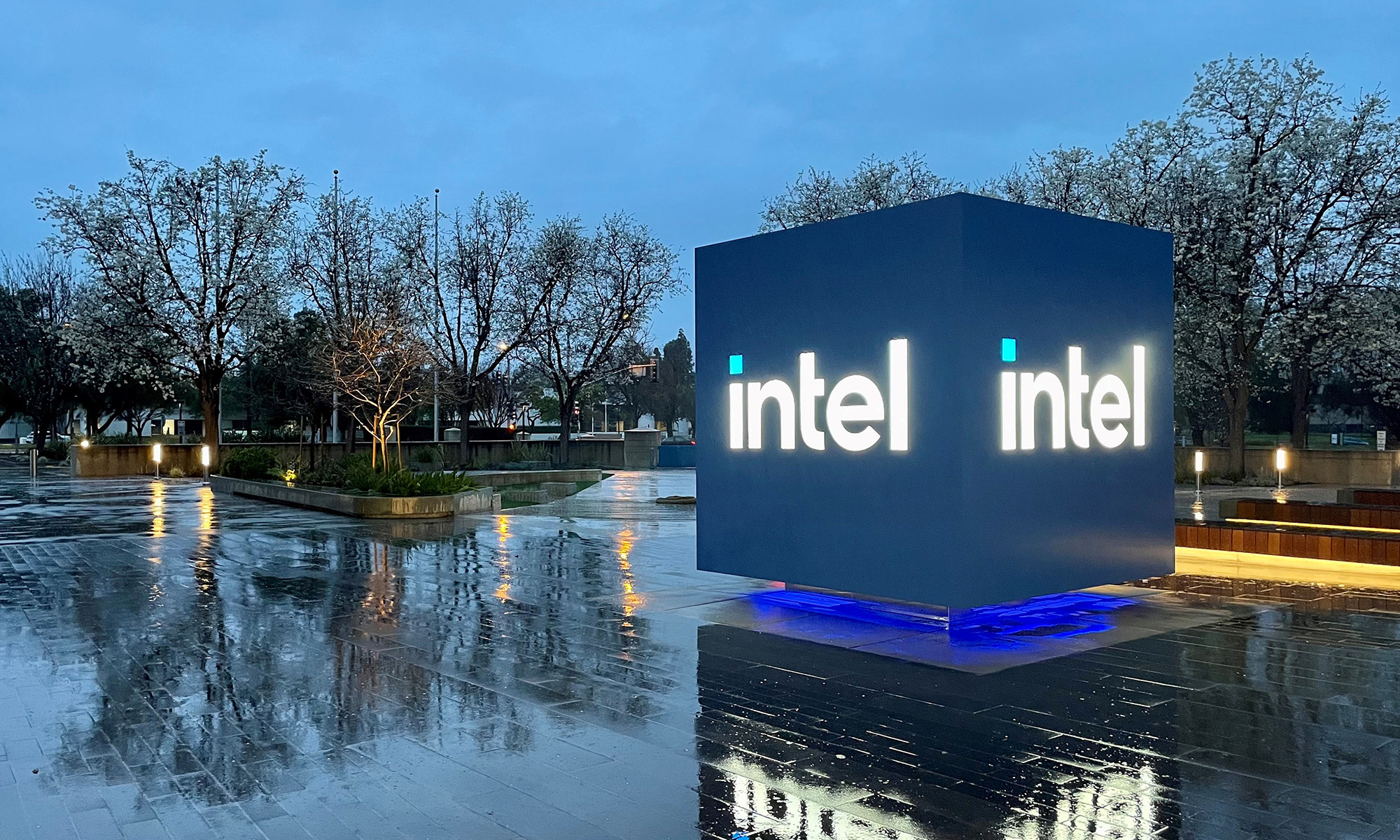Goldman Sachs is out with a report of the most overpriced stocks, as reported by Business Insider. While the list runs the gamut, a number of major PC names stand out as being particularly expensive.
According to Goldman, the market overvalues Microsoft (MSFT +3.45%), Hewlett-Packard (HPQ 2.09%), and Intel (INTC 17.03%), and shares of all three are poised for a significant move to the downside.
Microsoft shares could fall 16%
Despite declining PC sales, Microsoft investors have remained relatively unscathed. Back in July, Microsoft shares plummeted following a disappointing quarter, but year to date, shares are still up more than 23%.
Goldman remains skeptical. The firm downgraded Microsoft to "sell" back in April, and six months later, it continues to stand by that rating. In its original report, Goldman cited poor PC sales and Microsoft's failure to break into the mobile market.
Data on PC sales has been weak all year. Most recently, for the third quarter, research firm Gartner reported that PC sales were down 8.6% -- the sixth straight quarterly decline on record. For its part, Gartner itself is fairly bearish on Microsoft -- it's projecting that Google's mobile Android system will consume Microsoft's Windows by 2017.
Microsoft's move into mobile is off to a rough start. Sales of the original Surface RT were worse than expected, and Microsoft was forced to take a $900 million writedown on its tablet last quarter.
But Microsoft remains undeterred. Within the lpst few months, Microsoft has purchased Nokia's handset business, announced a Surface 2 and Surface Pro 2, and reorganized its company around "devices and services." All of these moves suggest that Microsoft is sticking by its mobile strategy for the long haul.
Hewlett-Packard shares have a 19% downside
Like Microsoft, HP is still largely dependent on the traditional PC. Goldman first cut the firm to "sell" back in April and reiterated that rating in August. More than just PCs, Goldman is concerned that all portions of HP's business are seeing increasingly competitive pressures.
Most recently, HP's third-quarter earnings results disappointed investors, and HP warned that it was unlikely to grow sales in 2014 -- something that it had believed it could do earlier in the year. Among consumers, HP's PC revenue was down 22%, along with the revenue from all of HP's other segments -- the lone exception being software, which saw a modest 1% revenue increase.
Still, HP CEO Meg Whitman was upbeat on Wednesday, telling analysts that 2014 will be a year of "recovery and expansion" for HP. And though PC sales in general were down in the third-quarter, HP's PC sales rose, up 1.5%.
Intel shares could lose almost a third of their value
Rounding out Goldman's list is Intel, the PC stock the firm believes is the most overvalued. Although Intel has branched out into mobile, and has expressed interest in other business lines, including paid TV, Goldman thinks Intel shares are poised to collapse.
Goldman has been bearish on Intel for years. It first downgraded the company to "sell" back in 2011 and has maintained that rating. Back then, it saw the rise of ARM Holdings-based alternatives as a threat; more recently, it believes depreciation could weigh on Intel's gross margin, and the company could even need to write down some unsold inventory.
Intel's PC chips account for about two-thirds of its revenue, so falling PC sales obviously have the potential to weaken Intel's business. Although Intel has moved into mobile chips, including deals with Samsung for a tablet and Lenovo for a smartphone, it remains a minority player in the space.
Analysts at Sterne Agee don't believe that mobile chips can offset Intel's traditional PC business -- even if Intel were to gain market share, mobile processors often sell at a lower price than their desktop counterparts.
The slow death of the traditional PC
The traditional PC isn't going away entirely, but it's definitely in decline. Companies that depend on that paradigm -- Intel, HP, and Microsoft -- could be exposed. While all three recognize the challenges facing their businesses, they may not be able to transition in time.
Certainly, Goldman doesn't think they can. Although the firm's recommendations shouldn't be taken as gospel, investors in the space should be aware of the ongoing difficulties.






